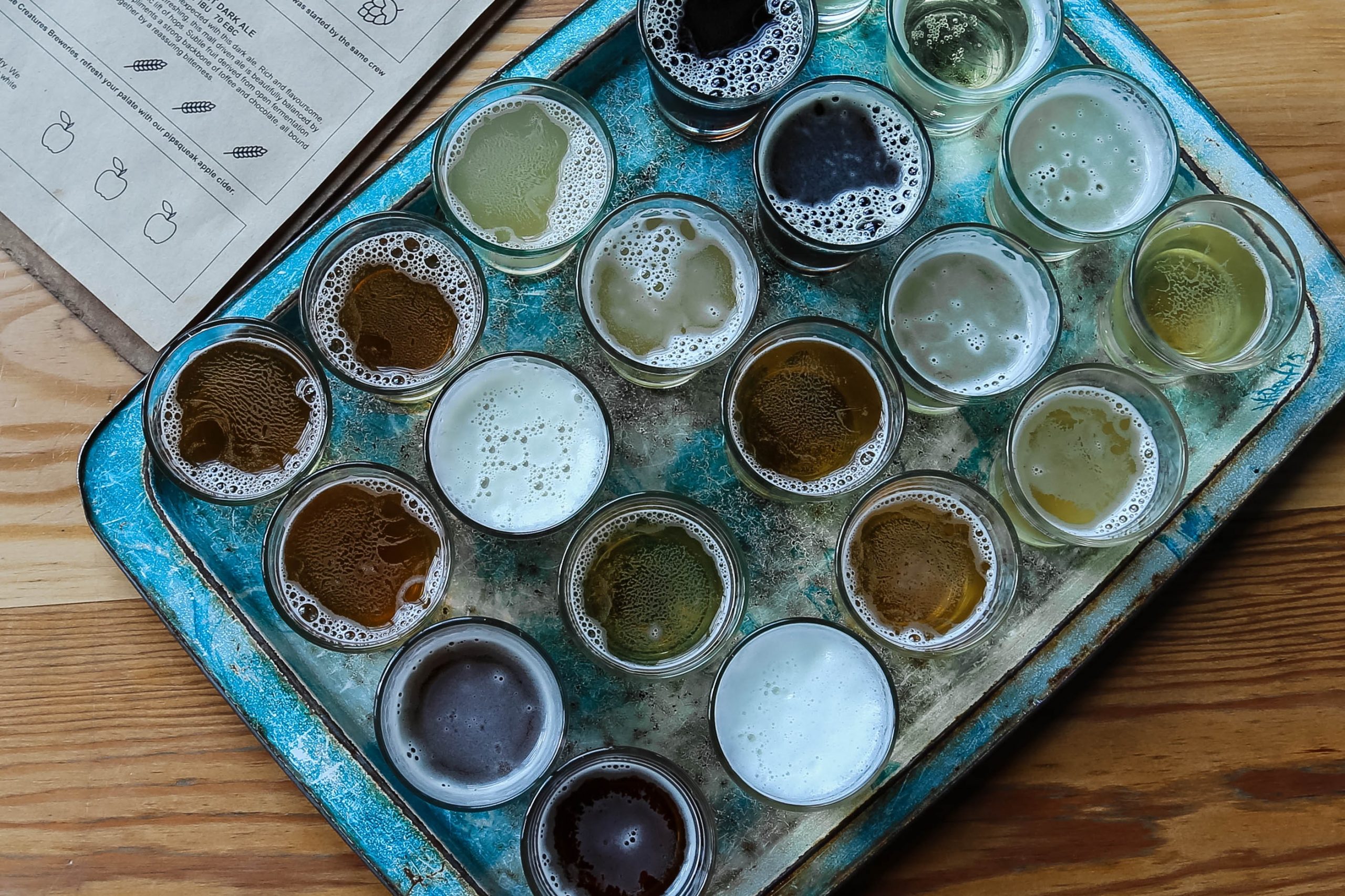Intermittent fasting drinks – What you can drink

Intermittent fasting – Fasting is in the name, and it is what defines this great lifestyle. Fasting is different things depending on how technical you get, but it is basically the absense of eating. But what exactly counts as eating? Ask yourself, and you can probably name quite a few drinks that blur the line between food and beverage. In this article, we discuss intermittent fasting drinks, what counts, and what dosent – as well as why you should care.
It turns out that the smoking gun that tells you wether you have broken your fast or not is very simple: Calories
We fast because it activates ketosis in our body. The healthy metabolic state is maintained as long as you keep your intake of calories below 50 grams per day (1)
Fasting can vary from person to person, and the limit for your body to enter ketosis is very personal. The actual limit for ketosis might be above 50 grams or below, but keeping it unde 50 will be safe and healthy for most people.
There are ofcourse many popular drinks that contain calories – some of them even contain more than the 50 grams, and will therefor break your fast.
What breaks the fast?
Below we have compiled a handy list of the most intermittent fasting drinks that people ask about the most, and if they are safe to consume on your fast or not.
Tea
Tea is an excellent drink during intermittent fasting. Plain tea from dried leaves with water contains almost no calories, and can be a refreshing break from just drinking water. The important thing to keep in mind when drinking tea is to avoid additives. That means no sugar, honey, artificial sweeteners milk or cream. Keep your tea plain, with just water and leaves and you will be fine. If you want to add any additives, be sure to check up on the nutritional values, so you stay within the 50 calorie limit.
The best teas for intermittent fasting
Most plain teas are great during intermittent fasting, but there are a few excellent standouts. Green and black tea contain healthy antioxidants that help rid your body of toxic substances. This can be especially useful, if you like many others combine intermittent fasting with heavy workouts, because the catechins in green tea helps burn calories.
Teas and tea-like drinks to watch out for
The exception to teas that are okay to consume during a fast, are powdered mixed teas. Beverages like matcha, ginger powder tea, chai or chai latter powders often contain added sugar, milk powder or other additives that contain calories. If you feel like having one of these drinks on your fast, be sure to read the nutritional info to avoid breaking your fast unintentionally
Coffee
Good news for coffee addicits – Coffee does not contain calories, and does not break your fast. In fact, coffee may even be benificial, as it can help promote fat burning, and increase insulin resistance, which intermittent fasting also does. Caffeine does not break your fast, but should still be consumed in moderated amounts. Genereally you should not exceed 400 milligrams of caffeine a day.
Bulletproof coffee
Bulletproof coffee does break a fast. Adding butter or oils can easily spike the coffees calorie count to over 200 calories.
Apple cider vinegar
As far as intermittent fasting drinks go, apple cider vinegar can be a refreshing treat during your fasts. Adding 1-2 teaspoons to water (5-10ml) can help you stay hydrated, combat cravings and most importantly of all, not break your fast.
Diet soda
While many diet sodas like Pepsi max or Coke zero have zero calories, they have their own problems. Many of them contain large amounts of artificial sweeteners, that can spike your blood sugar and cause cravings. We recommend staying away from diet soda, and trying the next item on the list instead.
Stevia
The natural sweetener extracted from the stevia plant, does not break your fast. Stevia contains zero calories, and is much healthier than other artificial sweeteners, as it does not spike your blood sugar.
Salted water
Salt does not break your fast. Salt can be very benificial during fasting, as your body can lack sodium. Low sodium makes binding the liquid to your body more difficult, which can cause a number of unpleasant fasting side effects like nausea, headaches, fatigue and more. Therefor salt in small amounts can be a great additive during fasting.
Alcohol
Alcohol does break your fast. And in a big way! Alcohol of all kinds contain large amounts of fermented sugars, which are very high in calories. If you want to drink, its best to save it for after your fasting is over and you have had a proper meal. This is because drinking alcohol on an empty stomach can greatly increase the levels of intoxication you get by consuming alcohol, which is very taxing and draining for your body.
Protein powders
Protein powders contain calories and therefore breaks the fast. Powders can be great to boost your workouts, but should be taken within your eating windows, or to break your fast.
Vitamins & supplements
This greatly depends on the kind of supplement you take. Moreover, most supplements are best taken with food, to even get proper absorbtion into your body. Therefor you should consult the label on your supplement or doctor if you want to take supplements while fasting.